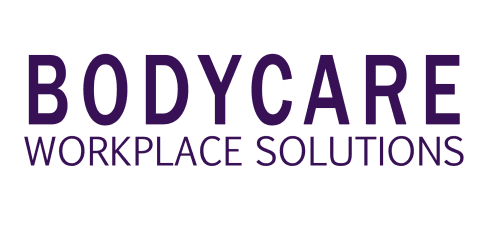Reducing Noise Pollution in the Workplace

Workplaces tend to be environments where we are surrounded by noises – whether they be noise from traffic, building works or the operation of loud machinery. This noise pollution causes physiological responses that decrease employee performance. Being exposed to loud or excessive noise for short bursts or long periods can also put our bodies through unnecessary stress responses, causing increased heart rate, blood pressure and cortisol levels.
Worse still, excessive noise levels are damaging to hearing when sustained over long periods of time. The deterioration often goes unnoticed because it happens gradually and painlessly from one day to the next. Some people exposed to excessive noise eventually develop tinnitus, which is described as constant ringing in the ears. For most cases of noise-induced hearing loss, there is no cure, and while hearing aids are a wonderful tool, they only work to amplify sounds and can’t replace normal hearing.
The risks associated with noise pollution can span further than a deterioration in hearing.
Exposure to constant noise in the workplace can not only cause hearing loss and/or tinnitus, but other health problems, too. Some of these might include:
- Fatigue
- Irritability
- Digestive disorders
- Headache
- Elevated blood pressure
- Increased susceptibility to infections and sickness (such as colds).
Reducing noise pollution in the workplace
It’s important to keep excessive noise levels to a minimum wherever possible – or at least minimise your employees’ long-term exposure to it – to reduce the risk of hearing loss or tinnitus.
Here are a few ways you can reduce yours and/or your employees’ exposure to excessive noise:
- Move your noisy equipment into an isolated area, or a soundproof room.
- Ensure your employees are able to work in quiet spaces throughout the day so they aren’t constantly surrounded by loud noises.
- Try and schedule the times you run noisy equipment so that it mostly runs early or late in the day when fewer employees are at work or exposed to it.
- Provide employees with hearing protection (for example, ear plugs or ear muffs).
And while we know this recommendation might be the hardest to execute, we definitely encourage workplaces to consider switching their equipment over to quieter alternatives if possible.
Pre employment and ongoing surveillance hearing tests
When it comes to looking after your current and future employees, it’s important to consider pre employment and ongoing surveillance audiometry screening (ie. hearing tests). These tests work to check a person’s ability to hear different sounds – both their loudness and their pitch – and can be used to monitor the hearing of current and new employees.
Learn more about Bodycare’s pre employment assessments and health screening here, and our ongoing health surveillance services here.

